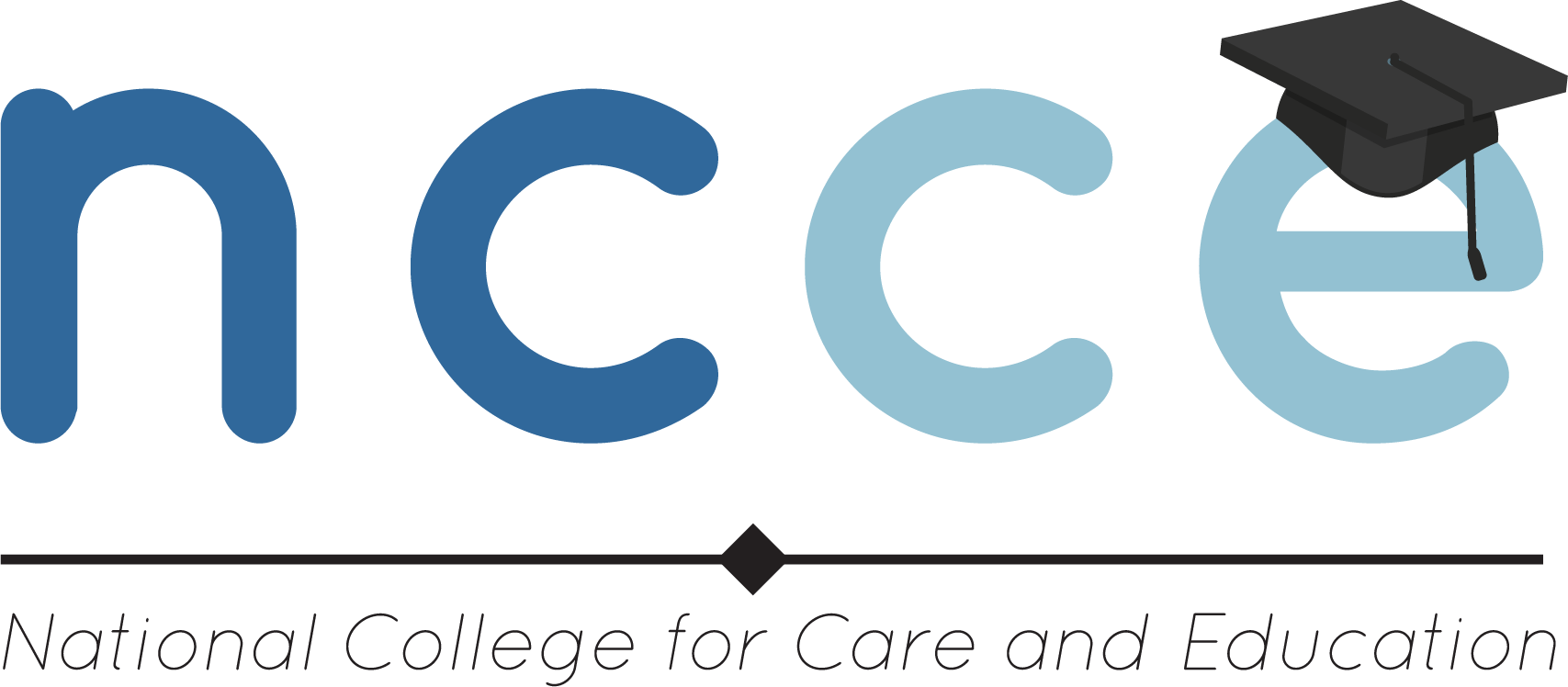
NCCE National College for Care and Education
CACHE L3 Diploma in Montessori Pedagogy (Early Years Educator)
The aim of this qualification is to provide the learner with the expertise, skills and professional approach needed to become a facilitator of Montessori education.
Remember it's important you research your options before selecting a course. Late payments may result in fees and could negatively impact your credit file.
What will you
Here's what NCCE - National College for Care and Education say about their course...
What do I get?
What do I need?

CAREER CHANGER | 2020 - 2021
Now
Software Developer
Previously
Chef
What does the course cost?
Repay over 11 months or more
Repayment period (months)
Learn for 10 payments of
/ month
Pay 0% interest
Representative example
/ month
Course cost: £1,200
Repayment period: 24 months
Interest rate: 12%
Interest paid: £147.48
This interest rate is personalised to your specific circumstances
You deserve to progress in a career you love. But learning the skills you need can be expensive. We don’t think that’s fair, so we’re doing something about it.
We partner with industry-leading schools and bootcamps so that you can enrol on your chosen course without paying upfront.
Our ethical finance